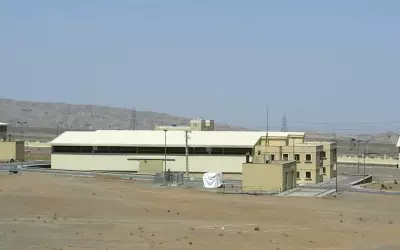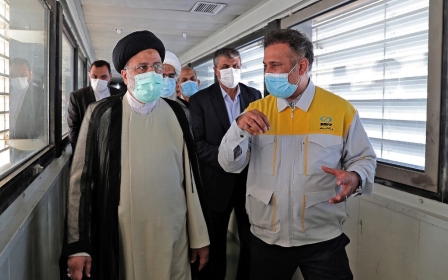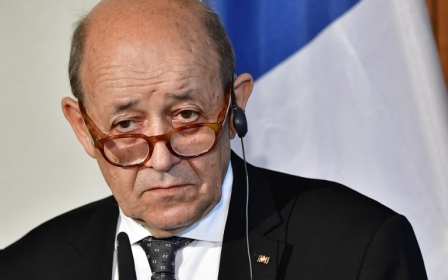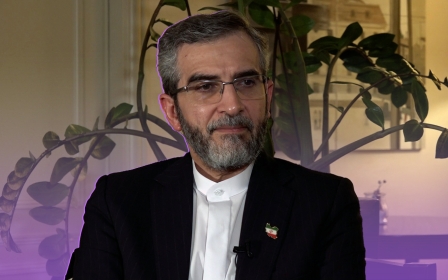Iran nuclear deal: US preparing 'alternatives' if talks fail as Tehran criticises western powers
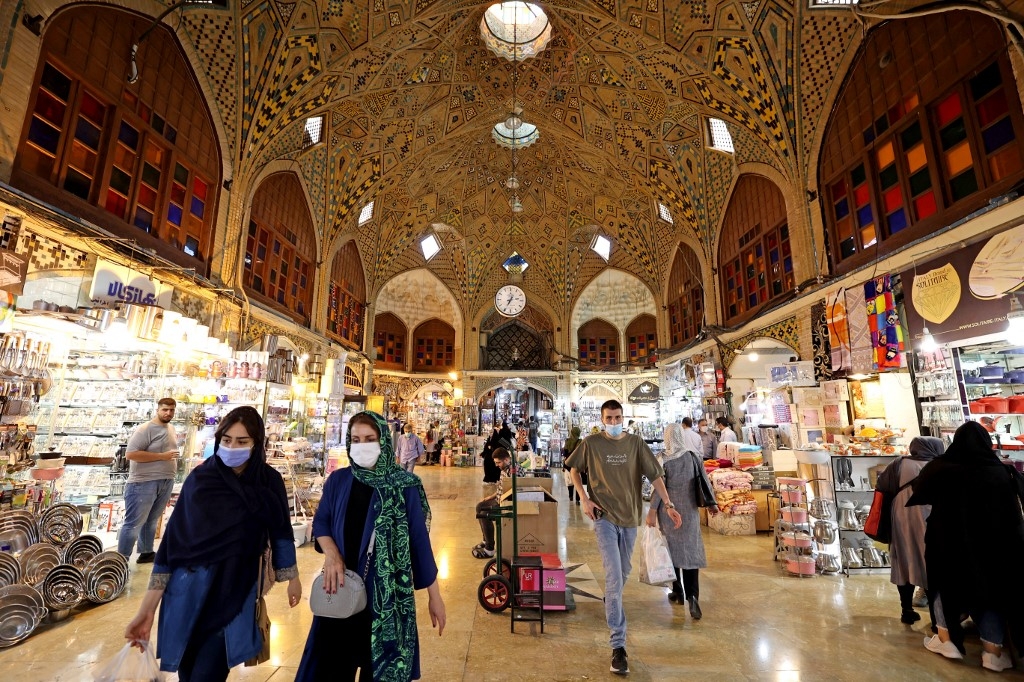
The United States said it was working with international partners to prepare alternative options in case efforts to revive the 2015 Iran nuclear deal collapse, as Tehran's top diplomat accused western powers of stalling and playing a "blame game" with the agreement.
US Secretary of State Antony Blinken told reporters on Tuesday that Washington was working with international partners to get Iran to return to talks
"We continue in this hour, on this day, to pursue diplomacy because it remains at this moment the best option, but we are actively engaging with allies and partners on alternatives," said Blinken, during a press conference in Indonesia.
But he added that Iran had lost precious time "by advancing totally new positions that are inconsistent with a return to the JCPOA," referring to the official name of the nuclear agreement between Iran and world powers.
His comments come as Iran's top negotiator blasted western powers party to the 2015 nuclear deal of "persisting in their blame game", a day after European diplomats warned the pact would soon be an empty shell if not revived.
"Some actors persist in their blame game habit, instead of real diplomacy. We proposed our ideas early, and worked constructively and flexibly to narrow gaps," Iran's top negotiator, Ali Bagheri Kani, said on Twitter.
"Diplomacy is a two-way street. If there's real will to remedy the culprit's wrongdoing, the way for a quick, good deal will be paved."
Meanwhile, diplomats from Britain, France and Germany warned on Monday that "time is running out" to rescue the pact, which they described as becoming an "empty shell" if negotiations do not progress.
Indirect talks began in April between Iran and the United States but stopped after the election of Ebrahim Raisi as Iran's new hardline president.
But last month, Iran came back to the negotiating table with the aim of removing sanctions imposed after Donald Trump unilaterally withdrew the US from the deal in 2018.
"Who violated the deal? Americans. Who should compensate for that and be flexible? Americans of course," a senior Iranian official told Reuters.
Middle East Eye delivers independent and unrivalled coverage and analysis of the Middle East, North Africa and beyond. To learn more about republishing this content and the associated fees, please fill out this form. More about MEE can be found here.


